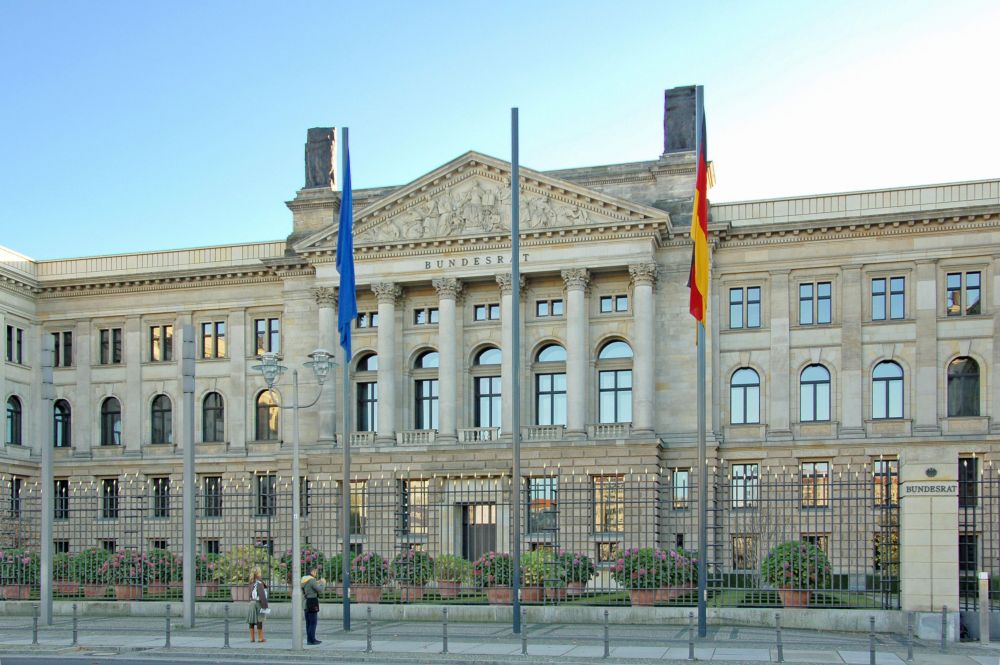Germany calls for gas/diesel car ban by 2030
Last week, Germany’s Bundesrat approved a resolution that calls for a ban on new internal combustion engines by 2030.

Last week, Germany’s Bundesrat approved a resolution that calls for a ban on new internal combustion engines by 2030.
This ban would include plug-in hybrid vehicles, which were previously assumed to be the transitional technology that would bridge the past and future of mobility.
It was originally thought that internal combustion engines would not be banned until at least 2050, but the German federal council’s vote might bring that timeline forward by two decades.
A second part of the vote calls for an elimination of EU policies that favour diesel cars, including lower taxes on sales of new diesel automobiles and lower taxes on diesel fuel.
Government officials argued that these current lower costs for diesel cars are detrimental when trying to encourage buyers to switch to zero emissions cars.
The German Bundesrat is a legislative body that represents the sixteen (federal states) of Germany at the national level. Although it does not possess the force of law, any resolutions made are seriously taken into account by the Bundestag, the directly elected representation of the people of Germany.
A decision would, however, have to be first approved by the European Commission.
This decision could have a profound effect on encouraging Germany’s world-famous car manufacturers, including BMW, Porsche, Audi, Mercedes and Volkswagen, to move forwards with the development of their electric vehicles.
Since German car companies have a powerful influence on the global market, any law banning internal combustion cars would have far-reaching effects in other parts of the world.
This decision by government officials represents a dramatic shift in attitude away from conventional cars and trucks to a future of electric vehicles with zero emissions.





